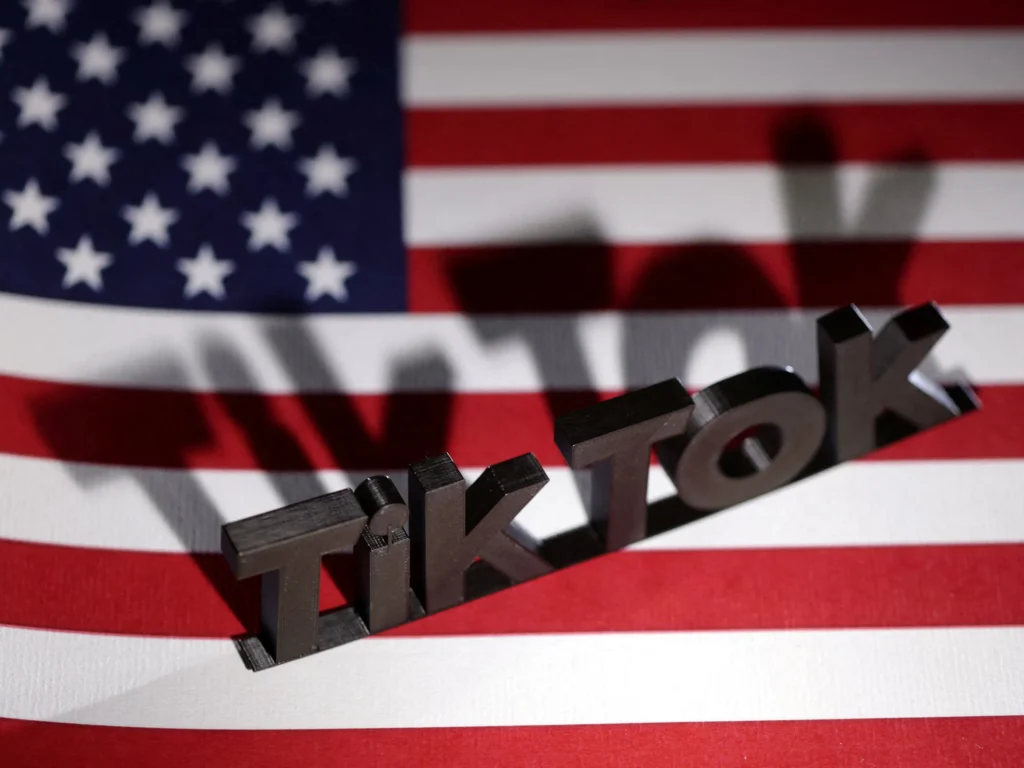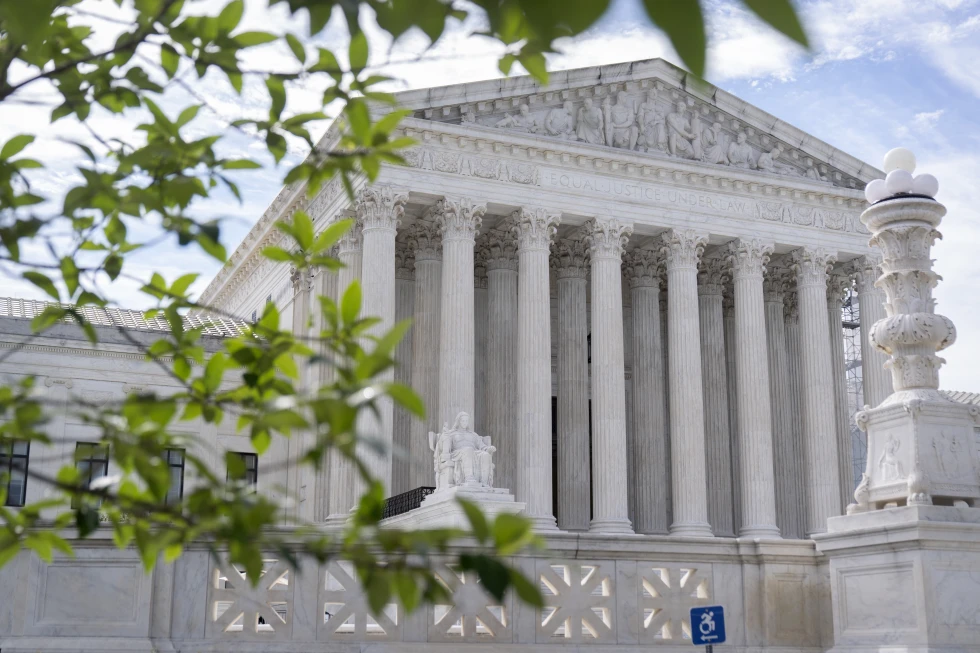The Supreme Court on Friday unanimously upheld a federal law banning TikTok unless its Chinese parent company, ByteDance Ltd., sells the platform to a U.S.-approved buyer. The decision, citing national security concerns, goes into effect on Sunday, Jan. 19, and marks a pivotal moment in the geopolitical tension between Washington and Beijing.

The ruling affirms that the risks TikTok poses through its data collection practices and ties to the Chinese government outweigh concerns about free speech for its 170 million U.S. users.
While existing TikTok users will retain access to the app after Sunday, no new downloads or updates will be available, according to the Justice Department. This will gradually render the app nonfunctional for users.
The Biden administration has indicated it will not enforce the ban on its final full day in office, but President-elect Donald Trump has expressed confidence in negotiating a solution. Trump, who has 14.7 million followers on TikTok, discussed the app with Chinese President Xi Jinping on Friday, according to his Truth Social post.
ByteDance has not announced plans to sell TikTok, complicating any resolution. The law includes a provision allowing for a 90-day pause in the ban if progress is made toward a sale. However, Solicitor General Elizabeth Prelogar said it’s unclear whether this option applies once the law takes effect.
The court’s unsigned opinion emphasized, “Congress has determined that divestiture is necessary to address its well-supported national security concerns regarding TikTok’s data collection practices and relationship with a foreign adversary.”
Justice Neil Gorsuch, in a concurring opinion, acknowledged the severity of the remedy but stressed the potential threat of China accessing “vast troves of personal information about tens of millions of Americans.”
TikTok has denied these allegations, asserting that the U.S. has provided no evidence of data misuse or content manipulation on the platform.

The U.S. government views TikTok as a potential tool for Beijing to collect sensitive data or influence public opinion through its proprietary algorithm. The app’s design, which encourages rapid content consumption, has also faced criticism from states alleging it harms children’s mental health.
“ByteDance and its Chinese Communist masters had nine months to sell TikTok before the Sunday deadline,” said Sen. Tom Cotton (R-Ark.), calling TikTok “a communist spy app.”
Bipartisan support in Congress led to the law’s passage, which President Joe Biden signed in April 2024. The legislation underscores growing U.S. efforts to counter perceived security threats from Chinese technology.
ByteDance has resisted selling TikTok but has reportedly received interest from high-profile investors, including former Treasury Secretary Steven Mnuchin and billionaire Frank McCourt. McCourt’s Project Liberty initiative, along with partners like “Shark Tank” host Kevin O’Leary, has proposed acquiring TikTok’s U.S. assets, though details remain undisclosed.
Prelogar suggested the enforcement of the law could pressure ByteDance to reconsider. “Having the law take effect might be just the jolt ByteDance needs,” she told the justices.
For now, TikTok’s future in the U.S. hangs in the balance, with the platform poised to lose millions of new users and updates unless a resolution is reached.


